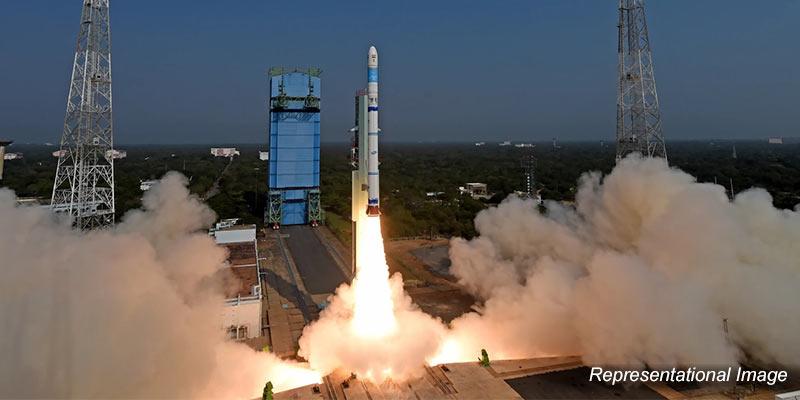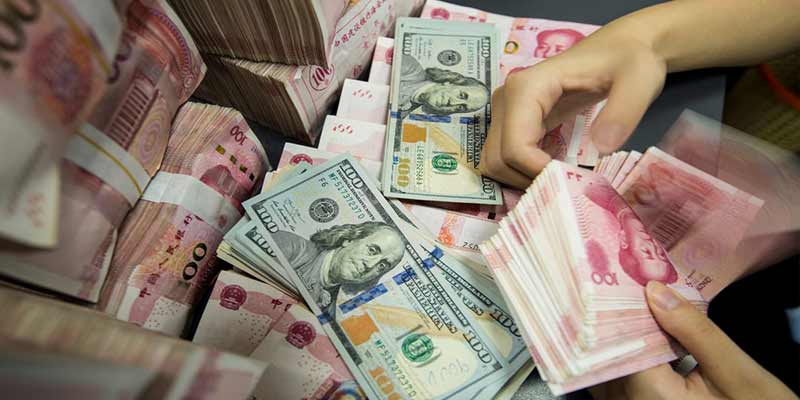- India
- Feb 23
Govt eases FDI norms in space sector
• The Union Cabinet, chaired by Prime Minister Narendra Modi, approved the amendment in Foreign Direct Investment (FDI) policy in space sector.
• At present, FDI in the space sector is allowed up to 100 per cent in the area of satellite establishment and operations through government route only.
• The government has now allowed 100 per cent overseas investment in making components for satellites, as part of efforts to attract overseas players and private companies into the segment.
• The satellite sub-sector has been divided into three different activities with defined limits for foreign investment in each such sector.
• By changing the current policy, the government has allowed up to 74 per cent FDI under automatic route in satellites-manufacturing and operation, satellite data products, and ground and user segments. Beyond this limit, government approval will be required in these areas for FDI.
• Up to 49 per cent FDI is allowed through the automatic route for launch vehicles and associated systems or subsystems, creation of spaceports for launching and receiving spacecraft. Beyond 49 per cent, FDI in these activities would require government approval.
• Further, up to 100 per cent overseas investments are permitted under the automatic route for manufacturing of components and systems or sub-systems for satellites, ground and user segments.
• This increased private sector participation would help generate employment, enable modern technology absorption and make the sector self-reliant.
• It is expected to integrate Indian companies into global value chains.
• Through the decision, the government seeks to liberalise the FDI policy provisions in the space sector by prescribing easy entry routes and providing clarity for overseas investments in satellites, launch vehicles and associated systems or sub-systems, creation of spaceports for launching and receiving spacecraft and manufacturing of space-related components and systems.
• With this, companies will be able to set up their manufacturing facilities within the country, duly encouraging Make In India initiatives of the government.
Foreign Direct Investment (FDI)
• Foreign direct investment (FDI) is a major driver of economic growth and a source of non-debt finance for the economic development of India.
• FDI flows into India have grown consistently since liberalisation and are an important component of foreign capital since FDI infuses long term sustainable capital in the economy and contributes towards technology transfer, development of strategic sectors, greater innovation, competition and employment creation amongst other benefits.
• After abolition of the erstwhile foreign investment Promotion Board (FIPB), process for granting FDI approvals has been simplified wherein the work relating to processing of applications for FDI and approval of the government thereon under the extant FDI Policy and FEMA, is now handled by the concerned ministries/departments.
• The Department for Promotion of Industry and Internal Trade (DPIIT) is mandated with the task of formulation of FDI policy of the government of India.
• The policy pronouncements on FDI are made by DPIIT and necessary notifications are issued under Foreign Exchange Management Act, 1999.
• The DPIIT also maintains data on inward FDI into India based upon the remittances reported by the Reserve Bank of India (RBI).
• National Single Window System (NSWS) has been launched as the online single point interface of the government of India for investors to start any industry in India and take requisite permissions. This portal is also be used for seeking government approval for FDI, wherever required.
• FDI in India is permitted either through the automatic route or the government approval route.
i) Automatic Route: Under the Automatic Route, the non-resident investor or the Indian company does not require any approval from the government of India for the investment.
ii) Government Route: Under the Government Route, prior to investment, approval from the government of India is required. Proposals for foreign direct investment under government route, are considered by respective administrative ministry/department.
• It has been the intent and objective of the government to attract and promote FDI and make the FDI policy regime more investor friendly, in keeping with national interests.
• In line with its stated objective, the government has put in place a transparent and easily comprehensible policy framework on FDI.
• Further, FDI policy regime has been liberalised continuously over the years wherein FDI up to 100 per cent is permitted under automatic route in most sectors/activities.
Manorama Yearbook app is now available on Google Play Store and iOS App Store


